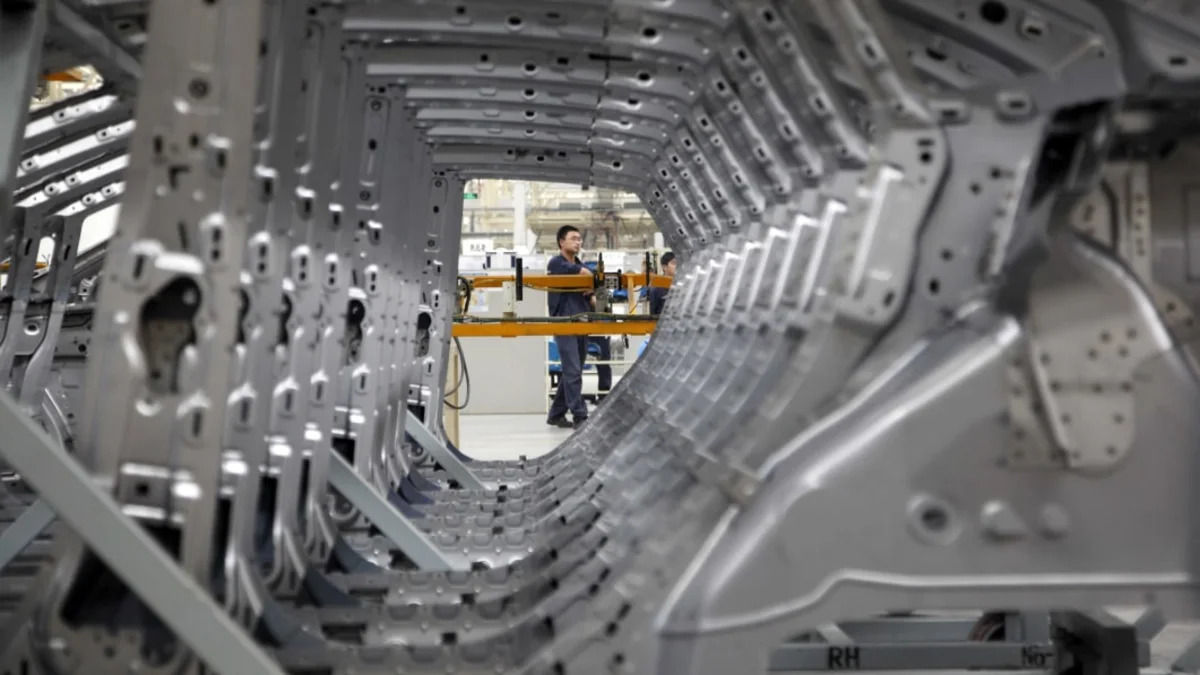The Senate Finance Committee is launching an investigation into whether major automakers such as Ford Motor Co., General Motors Co. and Tesla Inc. are using parts made with forced labor from the Xinjiang region of China.
“Unless due diligence confirms that components are not linked to forced labor, automakers cannot and should not sell cars in the United States that include components mined or produced in Xinjiang,” Senator Ron Wyden, the committee’s chair, wrote in letters sent Thursday. “The United States considers the Chinese government’s brutal oppression of Uyghurs in Xinjiang an ‘ongoing genocide and crimes against humanity.’”
The letters, which were also sent to about half a dozen automakers including GM, Ford and Stellantis NV, follows a report from the UK’s Sheffield Hallam University that found links between Chinese companies operating in Xinjiang and the import of parts from automakers that include batteries, wiring and wheels, Wyden’s office said.
Representatives from GM, Ford and Stellantis, which sells cars under the Jeep and Ram brands, had no immediate reply to a request for comment.
The committee’s investigation comes amid increasing scrutiny about companies’ ties to China’s Xinjiang region where the U.S. has accused China of requiring hundreds of thousands of detainees — mostly Uyghur Muslims or other minorities — to work against their will. Beijing has denied those allegations.
Under the Uyghur Forced Labor Prevention Act, the U.S. government assumes anything made even partially in the Chinese manufacturing hub of Xinjiang is produced with forced labor and can’t be imported into America. Companies can win exemptions if they are able to provide “clear and convincing evidence” the goods are free of force.
Related video:


Sign in to post
Please sign in to leave a comment.
Continue